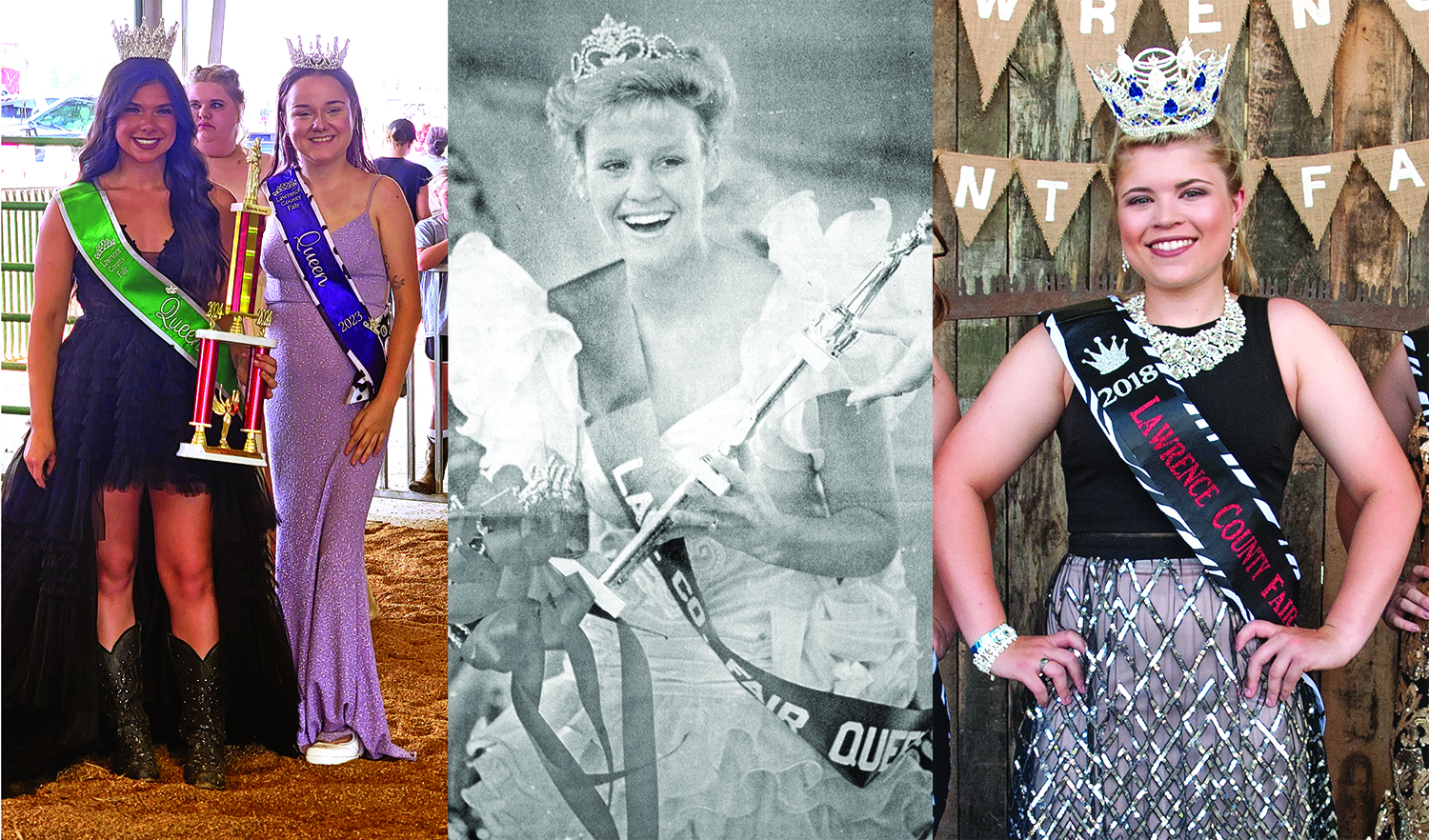Ohio superdelegates waited to make pick
Published 12:00 am Tuesday, June 10, 2008
In crafting their presidential nominating process, national Democrats established a class of party leaders whose opinions could make a difference, separate from the voters. They called them superdelegates.
Largely unknown to the public, these superdelegates were given the charge of making an independent judgment as to which candidate would be the party’s strongest.
This year’s incredibly close contest between Barack Obama and Hillary Rodham Clinton put Democratic superdelegates in the spotlight — and the system didn’t work as designed. Many of Ohio’s superdelegates didn’t play that independent role and instead waited until the outcome was sealed.
Ohio House Minority Leader Joyce Beatty waited to endorse Obama until he received enough delegates to become the presumptive nominee, while U.S. Sen. Sherrod Brown, Ohio Democratic Party Chairman Chris Redfern and U.S. Rep. Zack Space of Dover all waited to back Obama until Thursday — after Gov. Ted Strickland announced he was switching sides.
Many factors weighed into their decisions, but most tardy superdelegates were concerned about the local fallout of their choice: whether it would conflict with their constituents’ views, whether picking the candidate who didn’t win would damage their credibility or whether they could use their endorsement as clout to make the candidate talk about parochial issues.
Some of the superdelegates whose choice had been known for roughly two months said they made their decision based on how their district voted in Ohio’s March primary. In other words, they acted like regular delegates — not the freethinkers who are supposed to step up and help the party set its direction rather than simply mirroring voters’ choices.
That was not a role that Rep. Charlie Wilson of Bridgeport wanted to play.
“I firmly believed that the race should be decided by the will of the people and not by a group of superdelegates in Washington,” he said in a statement.
Out of respect for Clinton, Wilson said he wanted to wait for her to formally exit the race before endorsing Obama — and he did, announcing his endorsement Saturday, minutes after Clinton officially pledged support for her top rival. His Appalachian district voted for Clinton over Obama in the March primary, 70 percent to 27 percent.
U.S. Rep. Tim Ryan of Warren, who initially backed Connecticut Sen. Christopher Dodd, joined Rep. Betty Sutton of Akron in announcing their preference for Clinton in April because their districts voted for her. Both switched to Obama after he clinched enough delegates to secure the nomination.
Space, who represents rural counties in southern and eastern Ohio, said he held off making an endorsement because it would not benefit his constituents. Two days after Obama became the likely nominee, Space endorsed him.
Ohio gave President Bush the electoral votes he needed for re-election in 2004, and Space said the state would again decide the presidency in November. By not endorsing either candidate early, Space believed he would be in a stronger position to deliver his constituents to the eventual Democratic nominee.
His district voted for Clinton in the primary, 66 percent to 31 percent. Obama may be the safe choice now, but Space’s constituents overwhelmingly didn’t think he was the right choice then.
That force is at work in two other Ohio congressional districts whose representatives still hadn’t declared their allegiance by the end of the week. Clinton carried the districts of Reps. Dennis Kucinich of Cleveland and Marcy Kaptur of Toledo.
Superdelegates, first unknown and then powerful, will now fade into the background again. For many from Ohio, that’s the way they always wanted it.
Stephen Majors is a writer for the Associated Press.





